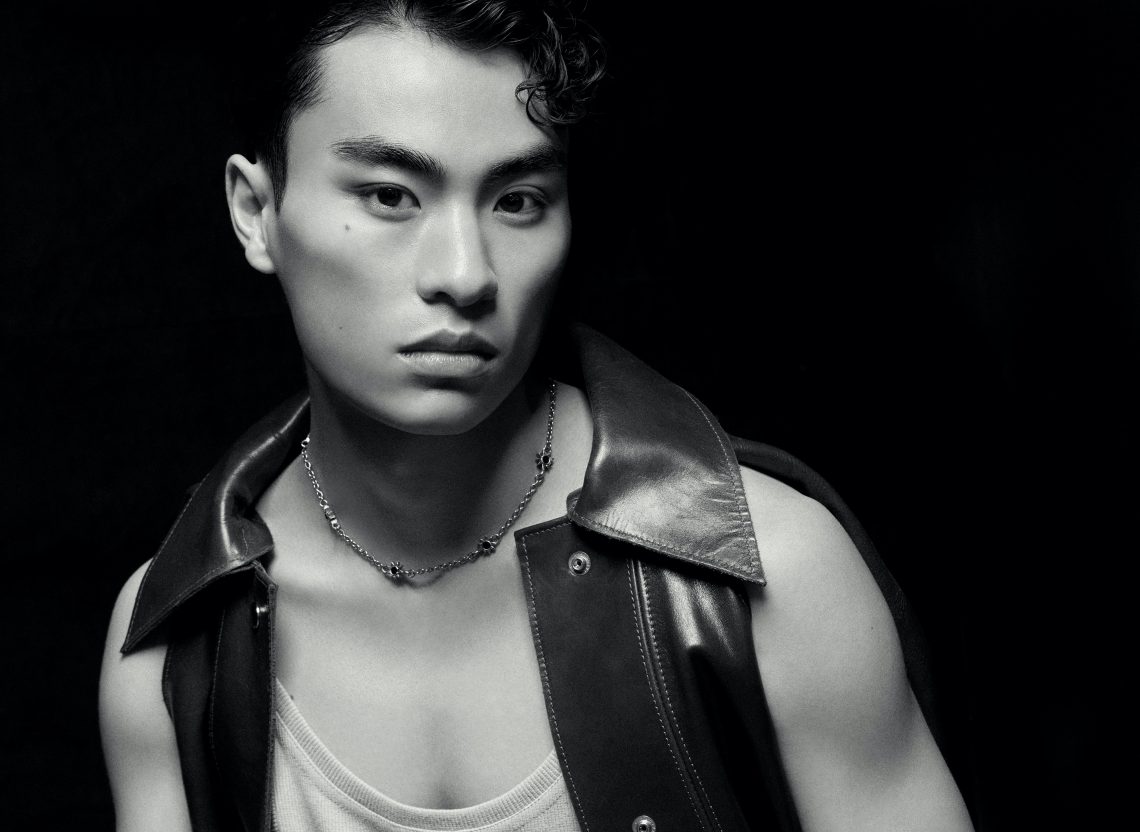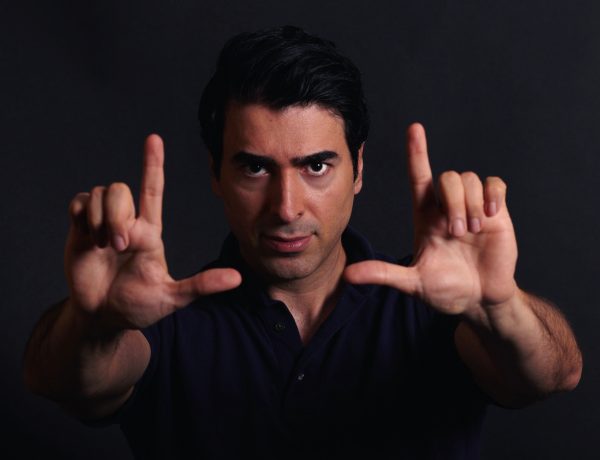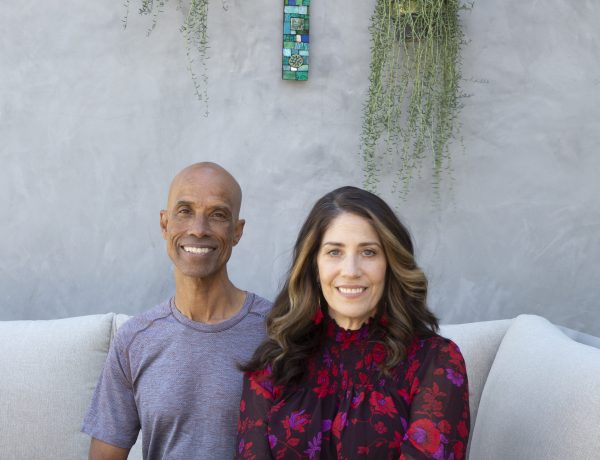Feeling a lack of fulfillment in design, Liam Ma pivoted to acting. “I really believe that there isn’t anything new in the world,” he admits. “And Audre Lorde would agree – there are no new ideas, just new ways of giving those ideas we cherish breath and power in our own living. Some would probably disagree, but I wasn’t able to find a sense of ownership within my work in the field that I was in. But we will always need stories to help us make sense of the world. These stories may not be new, but they are necessary. I think that’s what I’m anchored to, for now at least.” His cultural identity is inextricable from his artistic identity. Simply announcing your presence can be a radical reclamation of space. “I don’t think it’s possible to delineate identity, to compartmentalize it. There is an inherent overlap of influence. I mean, our community and our culture arose out of extreme marginalization, out of systemic discrimination, and it gives that much more power to the artistic voice and freedom that we are afforded today. And only now does it feel like we are realizing due recognition, signs of affirmation that it is indeed all worth it in the end. Watching Michelle Yeoh, Ke Huy Quan, Stephanie Hsu, James Hong, Harry Shum Jr., and others step up to be celebrated and welcomed into a seat at the table, for some, after long, storied careers, is really just the beginning.” The discomfort in our collective apathy galvanized Liam towards perfecting his craft. “I think art and performance serve as an important medium for social change. James Baldwin observed that to watch the TV screen for any length of time is to learn some really frightening things about the American sense of reality. We are cruelly trapped between what we would like to be and what we actually are, and we cannot possibly become what we would like to be until we’re willing to ask ourselves just why the lives we lead on this continent are mainly so empty, so tame, and so ugly.”
His new series, Streams Flow from a River, examines this tension in granular, excruciating detail. Liam plays Henry Chow. “Our beloved series is somewhat of a love letter to our parent’s generation. It is a reflection on the cyclical nature of pain, the complexities of generational trauma, and the strength of family. For Henry, it is an exploration of identity and a journey of finding his place in the world. Henry came at a time when I was exploring a lot of the same questions, of identity and belonging. What does it mean to confront a child’s unwritten obligation to family? What does it look like to love and be loved on your own terms? How does life open up when you give yourself permission to dream?” Henry’s feelings of guilt are exacerbated by his cultural upbringing. “I think for many immigrant families, there is an unbearable weight of expectation that persists between generations. While our parents were tasked with their survival, our generation is afforded the privilege to explore and dissect life in its fullest. So the expectations for one’s life are radically different. It’s a different reality. We can only hope to come close to an understanding of the challenges of a first generation immigrant. And the reverse is also true. We are answering different questions and it is through a collective response that there is healing.” Pain has a way of poisoning everything it leaches into, over and over, in various incarnations. “I think pain, like everything in life, follows a cycle because we as human beings are so cyclical. To bear pain is to seek out ways to endure it. And often that shows up in ways that inflict pain, mirroring what has been endured.” In Henry’s story, many will recognize their own. “I think the greatest experience is to see the specificity of your own experiences and feelings reflected back to you. It’s incredibly affirming. I found such comfort in our shared story, a friend for a time. I hope he can be the same for others.”
Recent events have compounded Liam’s desire to scrutinize the hypermasculinity circulating among Asian men. “A harrowing essay in the New York Times recently framed the shootings in Monterey Park as the ultimate act of assimilation for Asian American men; to adopt and execute on the gun politics and ideals of white supremacists. The reality is that we don’t have a choice but to urgently embrace modes of being that actively deconstruct the pre-existing patriarchal constructs. And it may feel trivial to turn to a medium like film to take on this enormous, complex machine, but as Baldwin reminds us, it lies simply in the willingness to ask ourselves why, to remain open to challenging the status quo. And I believe that this art form holds the power to do just that.” He intends to bring others along with him on his acting odyssey. “I want to be a part of the great tapestry of our community who have chosen to advocate for a seat at the table, until it is no longer a question, or a possibility, but a given.” Scoot over, Liam Ma is here. Streams Flow from a River will premiere on Super Channel on April 1st.
Read more Celebrity Interviews on ClicheMag.com
Liam Ma Absorbs the Impacts of Generational Trauma in “Streams Flow from a River.” Photo Credit: Courtesy of Project Four PR.




